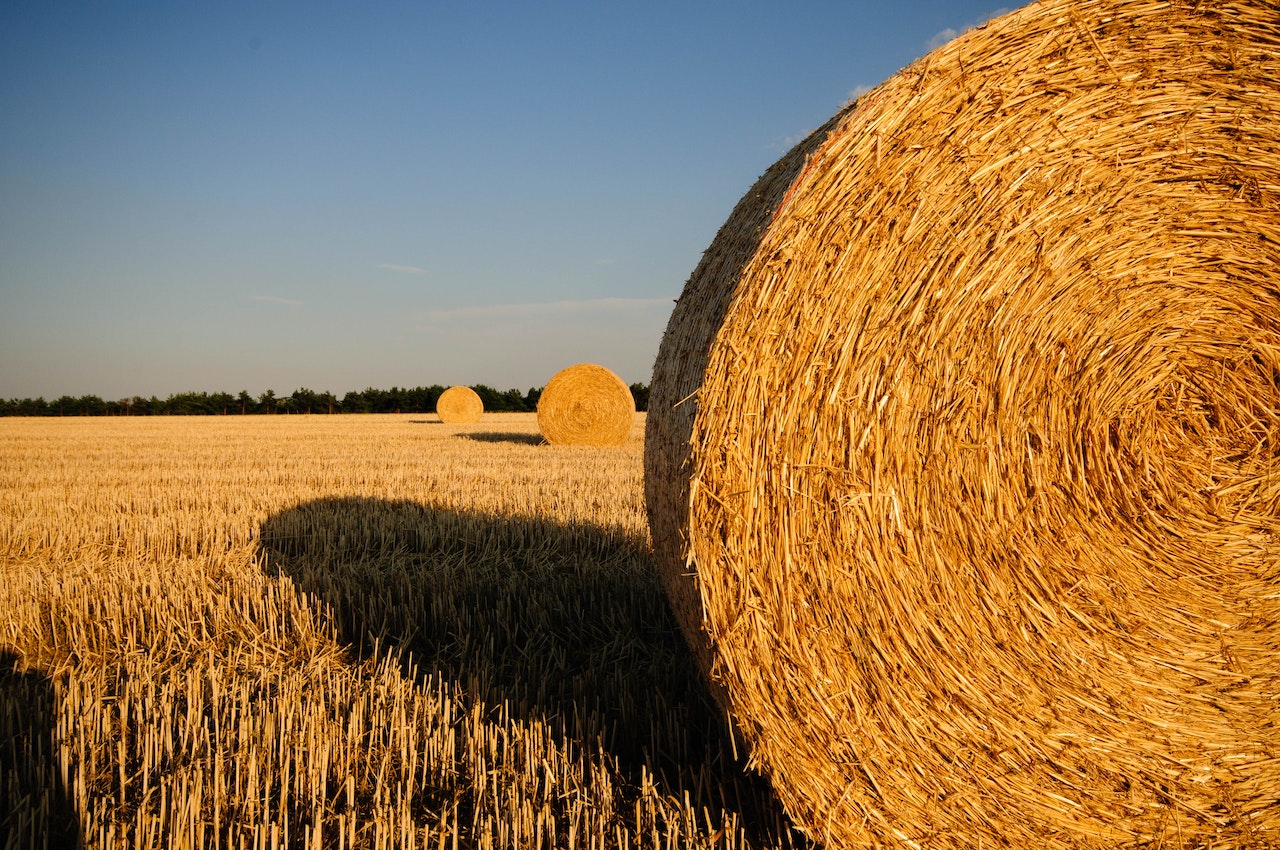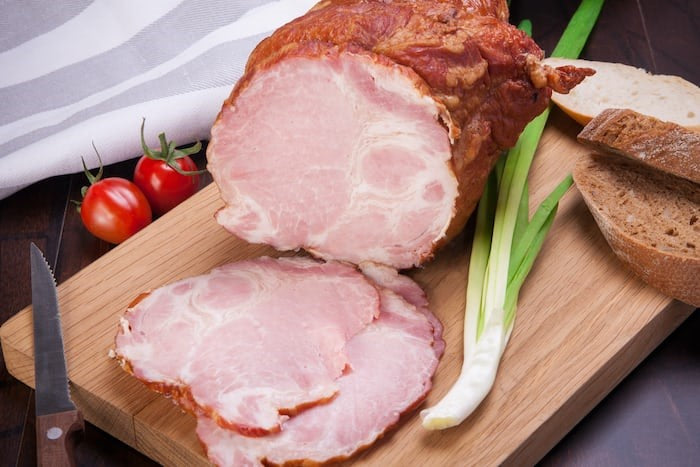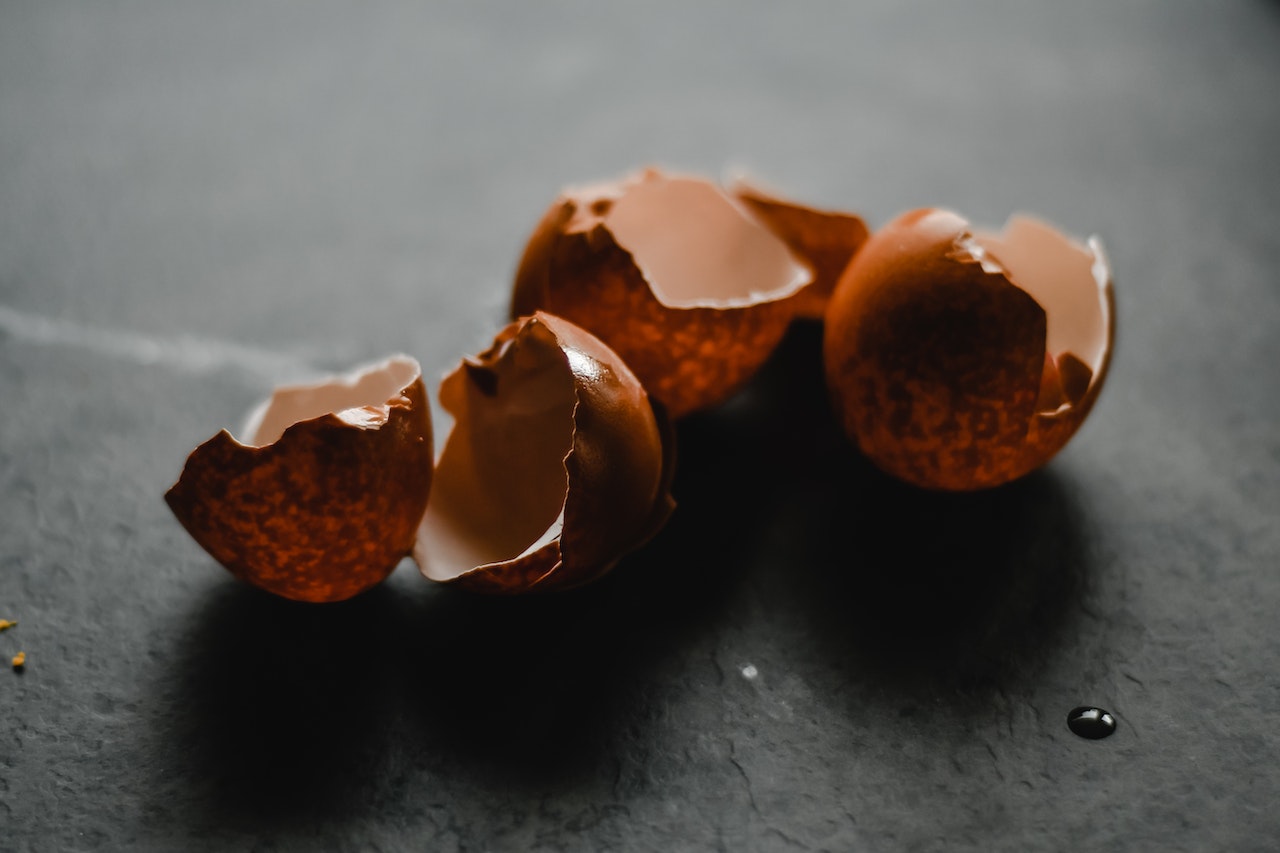
CAN PIGS EAT CASSAVA LEAVES?
Pigs are animals that are found almost everywhere. They have found their way into the day-to-day lives of humans. They serve as pets, food (pork), and sources of valuable products like fertilizer, lard, glue, medicines, leather, etc. Therefore, you need to know how to care for these invaluable creatures, especially their nutrition.
Pigs are omnivorous animals. They can eat plants (leaves) and animals. They are versatile eaters. However, you must continue to monitor what they eat to prevent medical complications in your pig.
So, back to the big question: can pigs eat cassava leaves? Yes, they can. However, they need to be eaten in small quantities. Studies have shown that feeding cassava leaves that take more than 25% (one-fourth) of their diet can be detrimental. Cassava leaves also contain cyanide that may be harmful to your pigs.

WHY SHOULD YOU FEED CASSAVA LEAVES TO YOUR PIGS?
Cassava leaves are rich in some food nutrients, especially vitamins and minerals. They are also economical. Some of the benefits of feeding cassava leaves to your pigs are explained below.
- Cassava leaves are rich in protein.
- Cassava leaves are rich in vitamins.
- Cassava leaves are rich in beta carotene.
- Cassava leaves are rich in minerals.
- Cassava leaves are economical.
- Cassava leaves have antioxidant and anticancer properties.

Cassava leaves are rich in protein
Cassava leaves are famous for their high protein content. Proteins are broken down into amino acids by your pig’s digestive system. Amino acids are necessary for many metabolic activities in pigs. They include:
- Pigs need amino acids for the growth and development of muscle tissues.
- Amino acids are required for the production of enzymes that ccatalyzecatalyze many reactions in your pig’s systems.
- In lactating pigs, an adequate level of amino acids is necessary for milk production (milk protein).
- Amino acids are required by organs like the liver in the production of plasma proteins. A deficiency of proteins may cause low levels of plasma proteins, leading to edema.
- Amino acids help your pig’s body replace damaged and worn-out tissues.
- Amino acids are needed for the production of antibodies (gamma globulins). Antibodies are disease-fighting agents in animals.
- An adequate level is required for the production of hemoglobin. Hemoglobin is a protein that carries oxygen in red blood cells.
As you can see, proteins are indispensable to the health of your pigs. Thus, feeding your pigs with cassava leaves provides them with protein. According to Medical News Today, “the leaves, which are also edible if a person cooks them or dries them in the sun, can contain up to 25% protein.”
Cassava leaves are rich in vitamins
Cassava leaves contain several admins that are crucial to the growth and development of your pig. They are particularly rich in vitamins B and C.
- Vitamin B1 (thiamine) helps your pig’s body generate energy from other foods’ nutrients. It is necessary for the growth and development of body cells.
- Vitamin B2 (riboflavin) helps in the production of red blood cells. It also helps in the generation of energy from food nutrients like protein.
- Vitamin B3 is needed for maximum productivity and optimal health in pigs.
- Vitamin C has many functions in animals. They include:
- Improvement of reproduction.
- Maintain the health of cells.
- Absorption of minerals from the diet.
- Formation of collagen.
- Wound healing.
- Maintenance of bones, cartilage, teeth, etc.
Cassava leaves are rich in beta carotene
Beta-carotene (β-carotene) is found in decent levels in cassava leaves. Beta carotene is converted to vitamin A (retinol) in animals. Therefore, it is safe to say that cassava leaves are a source of vitamin A in pigs. The functions of vitamin A include:
- Vitamin A improves eyesight and the general well-being of the eyes.
- Vitamin A improves reproductive performance in both male and female pigs.
- Retinol strengthens the immune system of your pigs.
- Vitamin A (retinol) maintains the skin and mucous membranes.
Cassava leaves are rich in minerals
Cassava leaves are rich in several minerals. Some of them are:
Cassava leaves are economical
Cassava leaves are cheap and easy to procure. Since the cassava plant is mainly cultivated for the roots (cassava tubers), the leaves are considered by-products that are usually disposed of. Therefore, if you are a cassava farmer, you can feed the leaves of the cassava plant after you harvest the cassava tubers. This helps you save money to a reasonable degree.
Cassava leaves have antioxidant and anticancer properties
Cassava leaves, like other green leaves, contain chlorophyll. Chlorophyll is a pigment that has antioxidant and anticancer properties.
Antioxidants are substances that prevent the accumulation of free radicals in the body’s systems. Free radicals are molecules that are produced by the normal metabolic processes of animal cells. However, these molecules are harmful when they accumulate. They cause disruption of the cell membrane, muscle degeneration, decreased immunity, and even cell death.
Furthermore, cassava leaves contain small amounts of carbohydrates and dietary fibers. Cassava leaves can also be used in deworming pigs.
YOUR PIG MIGHT FACE DANGER FROM EATING CASSAVA LEAVES
As earlier mentioned, cassava leaves are not entirely good for your pigs. The major problem with feeding cassava leaves to your pigs is cyanide poisoning.
Raw cassava and cassava leaves contain chemicals known as cyanogenic glycosides. In your pig, these chemicals can be converted into dangerous cyanides. This causes cyanide poisoning, which is characterized by vomiting, muscle fasciculation, paralysis, and death!

CONCLUSION
Cassava leaves are high in nutrients. They can be fed to your pigs. However, they should be given in small quantities and properly cooked or dried to prevent cyanide poisoning. Avoid feeding raw cassava leaves to your pigs!



